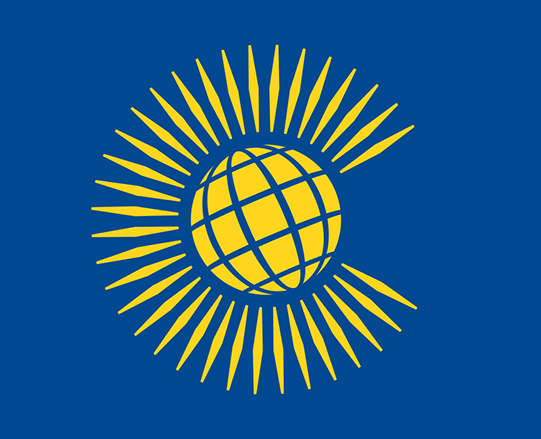As kisses go it was brief but memorable. Scottish-American actor John Barrowman, in tartan flare, swooped down on an as yet unknown but now terribly famous male backing dancer to redefine the ‘Glasgow Kiss’ and set the Commonwealth Games opening ceremony alight.
This perfectly timed love bomb, coming at the close of a sequence celebrating Gretna Green’s role in bringing so many people together in marriage, neatly captured Scotland’s commitment to gay and lesbian equality. Barrowman has been rightly praised. He made us all feel proud, not just of Scotland, but of the United Kingdom’s stand on LGBT rights.
By comparison, the closing ceremony was a much more predictable affair: the tartan was back on show, Kylie sang about lovers (and created a tableau that included same sex couples) and everyone linked arms to sing Auld Lang Syne; otherwise no surprises and certainly no particular gay ones.
But there is a deadly serious reason behind the Glasgow Kiss and the emphasis put on love and inclusion. Eighty per cent of the Commonwealth’s member statescriminalise homosexuality. In these countries Barrowman’s expression of intimacy is more than a taboo. It’s a crime, and the star would most likely find himself in prison because of it.
Thinking of a holiday on the idyllic Caribbean islands of St Kitts or St Lucia? If you’re gay you too could end up on the wrong side of the law. What about going on Safari in Kenya or Tanzania? Most of Africa criminalises gay men and some countries target lesbians too with some of the harshest laws in the world. Even Pacific islands like Tonga make being gay a crime. India, the home of the Karma Sutra, well, they criminalise gay men there too.
And what’s most shocking about it all is who’s really to blame for homophobia in the Commonwealth. All of these criminal laws are a legacy of the British Empire.
The hypocritical Victorians, desperate to project a particular image of Britain as stiff upper lip middle-class mausoleum, felt the need to export their anxieties about sex. With typical racist fervour, they imposed them on the “resistant masses”, and rolled out laws criminalising homosexuality across what is now the Commonwealth. The laws were the same British laws that, until quite recently, condemned thousands of gay men here in the UK to prison as well as other criminal penalties.
Approximately 55m gay men and lesbian citizens of the Commonwealth live in a persecutory environment. As we were wowed by Usain Bolt’s relay prowess, we should have spared a thought for fellow Jamaican, Dwayne Jones. The 16-year-old trans kid was recently shot and hacked to death for dressing as a girl at a party. So far there have been no arrests.
Nowadays there’s nowhere left to be After the recently completed Commonwealth Games 2014, the Human Dignity Trust’s Chief Executive points in this article published by The Independent that homosexuality is a crime in 80 per cent of Commonwealth states, and it’s the British who are to blame.gay in these Commonwealth countries. While we enjoyed the friendly rivalry between the out and proud divers Tom Daley and Matthew Mitcham, we should also bear in mind that in Cameroon you can be jailed for sending a loving text to someone of the same sex, or just looking a bit gay.
The Commonwealth Games has been a fantastic showcase for talent from across the globe. In its atmosphere of sporting excitement and showbiz pizzazz it was also an opportunity to celebrate all aspects of the human experience, including our differences.
This was the message behind the opening ceremony and, in a less obvious way, the closing ceremony too. A billion viewers, after all, could have seen that kiss. Frank Mugisha, a brave and tireless advocate for LGBT rights in Uganda, was at the opening ceremony and considered it the highlight, “a clear message that Scotland sent out to the entire world they openly support LGBTI rights”. Nigerian activist Bisi Alimi called it a “message of love and support… challenging the stereotypes” which linger in the Commonwealth.
But what does the Commonwealth have in common if not shared values based on mutual respect and tolerance? The persecution of the gay and lesbian community denies those values. It must stop. Demanding an end to criminalisation will start this process.
Originally published in the Independent.

